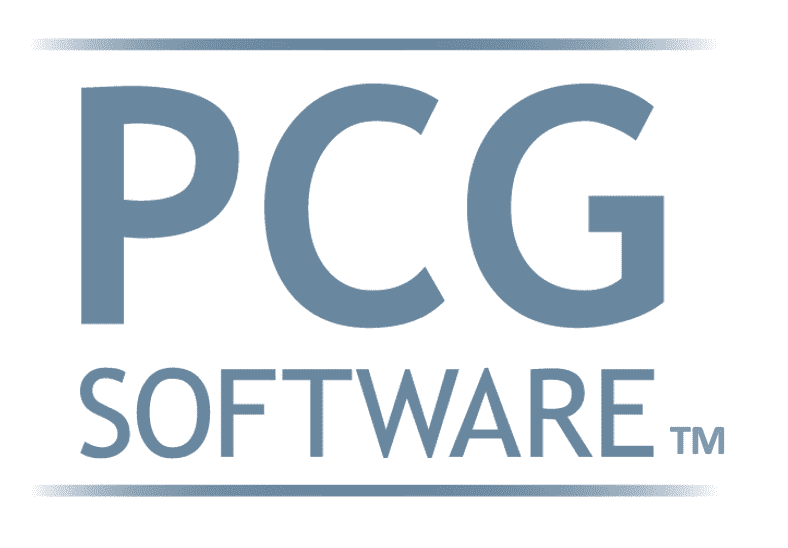How Providers Look at Value Based Care to Better Negotiate with Plans and Payers
We go over simple strategies on how providers should attempt to negotiate with their plans to increase their reimbursements and HEDIS scores, as well as simple tactics to expand their patient network.
State of Healthcare for Providers
Yes, you’re working long hours. The AMA reports 66% of providers work 40-70 hours per week. And yes, patients are more demanding than ever. Post-pandemic 20% of patients are actively looking for new primary care and specialists due to how the practice handled COVID and focused on the number of patients cared for in a day, instead of the quality of outcomes.
The broadly accepted use of Telehealth left patients feeling disconnected from the hands-on face-to-face patient care they received pre-pandemic. This in turn also left patients wondering if their plans had chosen the right providers for their health and overall care.
What Metrics Matter to Health Plans?
So we know patients want more face to face, but what is that Payers and Plans want? Is it outcomes? Is it patient engagement and proper documentation? To find that out, just ask them, “What measures am I rated on? What measures do you need? How do we help one another?” You need to ask them what they are looking for to ensure your care and documentation match their needs.
Your plans, MSOs, IPAs, and TPAs have specific metrics of care, value-based care, that they chose as initiatives. Do you know them? You should because their metrics are the ones that report your HEDIS scores up the ladder to the big plans and can ultimately increase your reimbursements or risk you getting booted from the network.
Plans compete for patients, not providers
Plans want the best online reputation, and the best HEDIS scores, all to use in marketing efforts to take a patient away from a major medical or medicare advantage plan to theirs. If you as a provider are helping with that, you are in their good graces, if you hinder it, expect audits and someone peering over your shoulder every time you tack on a modifier. In turn, you can increase your Medicare reimbursements over time if you are indeed helping instead of hindering.
Maintaining Payer Networks
If a plan chooses your clinic as a provider of care within their network and they receive patient grievances, you are immediately on the radar and face possible exclusion from their plan. If it is found you are billing erroneously and providing below-level care, and if you serve Medicare, you could very well find your provider or entire clinic on Medicare’s Exclusionary List. That’s a death blow for any clinic.
End to End Patient Outcome Management
Don’t see it as I did an initial consult 99213 with this patient. Instead, look at it as the beginning of taking care of the patient from here on out. During the initial consult, you found possible underlying issues for their lower back pain and ordered the appropriate labs only after you found out they are on a high-fat diet, with little exercise, and a large amount of both physical and mental stress from work. By ruling out current undiagnosed cardiovascular and pulmonary diseases such as diabetes, COPD, and arthritis and/or spinal complications, you save the patient and the plan a lot of money by avoiding costly surgeries (when applicable) with the appropriate treatment plans of your choice and the plan’s approval.
Let’s take that one step further. If the patient had these as pre-existing conditions before you took over their care, you are attempting to decrease their 2-3 hospital visits per year down to one or maybe none. The sheer cost savings of getting the patient on the right medications, lifestyle, and support could mean 10s of thousands if not $100s of thousands of savings to the plan for that patient.
Lastly, the patient then sees you as a whole body whole mind provider that isn’t just taking your fees for a 10-25 minute consult with little or no value-based results. They go from struggling to managing and possibly managing to thriving. If you can get a patient from struggling to thriving, imagine the public relations, the testimonials, and the advertising that the plan can do because you, their provider, went above and beyond. In turn, you become a testament to what a great provider can do and you too can use that PR and marketing to your own advantage.
Managing Managed Care
Managed Care is more than “managed,” it's downright frustrating at times with all the new CCI edits, the contracts per provider, the minimum requirements, and the list goes on and on. If your clinic is struggling with managed care, the first thing you need to do is to look at how your billing via every applicable code and modifier.
In 2019, on average Medicaid fee-for-services (FFS) paid almost
30% lower than Medicare payment levels, and primary care providers saw even larger disparities. So if you do provide FFS or Medicaid services, you need to ensure that everything you do is done precisely, fast, and efficiently without undue patient costs. That’s quite a high bill for most clinics.
It is essential that your billing teams, practice management software, and medical coding softwares help you avoid denials and ensure that you get 1-pass approvals. If you’re struggling with this, check out the AI medical coding solution (iVECoder link).
Value Based Care Creates Local Demand
If you treat your patients so well that you are ranking at the top of Google Maps, you have endless reviews, and your clinic or provider is so well respected, a plan has to find a way to keep you in the network or they’ll come to you to obtain your in-network status. Why? Because the plan looks first and foremost at plan enrollments. They want the greatest amount of new enrollment market share and the least amount of enrollment turnover. Provide the best doctors and you get the most amount of patients.
Value Based Care Marketing
Just think about launching a small local marketing campaign on your ability to help find 200 early diagnoses of chronic illnesses prior to initial hospital admissions. Include your treatment strategy and patients will flock to you, and the plan will love you for it.
Mergers Instead of Acquisitions
By improving your local reputation in the hearts and minds of patients, the plans want to keep you. However, another added benefit is that over time many local practices must choose to sell or merge. No one wants to sell to Optum, CVS, Walgreens, etc…
From 2016-2019,
8,000 medical practitioners and 14,000 physicians left the private landscape of healthcare to join hospital and/or plan-based systems. An alternative to selling to a juggernaut is to create your own medical group that has more specialties, greater patient reach, an increased network of providers, and help from an IPA, which can lead to the beneficial inclusion of commercial, Medicare, and Medicare Advantage plans. However, if your local reputation with patients and/or your billing is failing, this won’t be an option.
Self-Auditing and Higher Collections
By employing medical coding and auditing software you can quickly run mock adjudications to ensure you achieve approvals. You can also use the same software to audit past denials and keep up to date with the latest CCI edits and HCPCS codes that seem to change on a weekly basis. If you need any help with increasing your coding accuracy to ensure optimal approvals, collections, and increased compliance and HEDIS, please reach out to PCG today and we’ll introduce you to iVECoder.
Conclusion
If your MSO, IPA, or TPA is utilizing MedVision's QuickCAP system for claims adjudications, get a FREE demo and audit to see how Virtual Examiner perfectly compliments QuickCAP. We'll show you how together these two softwares can reduce fraud and waste, increase cost containment and help your providers and your organization increase its HEDIS scores as well.
Additional Quick Links
Our History and Credibility in Reporting this Information:
For over 30 years, PCG Software Inc. has been a leader in AI-powered medical coding solutions, helping Health Plans, MSOs, IPAs, TPAs, and Health Systems save millions annually by reducing costs, fraud, waste, abuse, and improving claims and compliance department efficiencies. Our innovative software solutions include Virtual Examiner® for Payers, VEWS™ for Payers and Billing Software integrations, and iVECoder® for clinics.


